Biomedical Engineering
-

Three engineering faculty awarded Seeding Success Grants in inaugural funding round
The Office of the Provost has announced the inaugural round of grant recipients for the Seeding Success Grant program established in March. Three engineering faculty members are among 15 faculty members across four Vanderbilt schools and colleges who will receive support for their work. They are: David Braun, assistant professor of mechanical engineering; “Catapult Legs: Enhancing Human... Read MoreJul 14, 2021
-

BME, CS grad students receive DoD science and engineering graduate fellowships
Two engineering doctoral students have received 2021 National Defense Science and Engineering Graduate Fellowships. Sponsored and funded by the U.S. Department of Defense, the NDSEG Fellowship is a highly competitive fellowship awarded to U.S. citizens and nationals who intend to pursue a doctoral degree in one of 15 supported disciplines. Fellowship selections are made by the... Read MoreJul 8, 2021
-

BME, CS grad students receive DoD science and engineering graduate fellowships
Two engineering doctoral students have received 2021 National Defense Science and Engineering Graduate Fellowships. Sponsored and funded by the U.S. Department of Defense, the NDSEG Fellowship is a highly competitive fellowship awarded to U.S. citizens and nationals who intend to pursue a doctoral degree in one of 15 supported disciplines. Fellowship selections are made by the... Read MoreJul 8, 2021
-

Vanderbilt graduate students address legislators to advocate for NSF funding
Two graduate students from Vanderbilt’s School of Engineering and one from the School of Medicine Basic Sciences recently addressed legislators in Washington, D.C., virtually, sharing stories about the important role funding from the National Science Foundation has played in their research and training. Read MoreJun 30, 2021
-

Vanderbilt graduate students address legislators to advocate for NSF funding
By Collier Roberts Members of the Vanderbilt community meet with a staff member from the Office of Rep. Steve Cohen (D-TN09). (Office of Federal Relations) Two graduate students from Vanderbilt’s School of Engineering and one from the School of Medicine recently addressed legislators in Washington, D.C., virtually, sharing stories about the important role funding from... Read MoreJun 30, 2021
-

Gore tapped for prestigious lecture named for MRI co-inventor Lauterbur
The relatively brief history of medical MRI is riddled with failed predictions, according to University Professor John Gore, founding director of the Vanderbilt University Institute of Imaging Science. Bold statements about the optimal magnetic field and the limits of magnet strength were way off. In 1982 one researcher concluded MRI was useful for imaging the... Read MoreJun 1, 2021
-

Gore tapped for prestigious lecture named for MRI co-inventor Lauterbur
The relatively brief history of medical MRI is riddled with failed predictions, according to University Professor John Gore, founding director of the Vanderbilt University Institute of Imaging Science. Bold statements about the optimal magnetic field and the limits of magnet strength were way off. In 1982 one researcher concluded MRI was useful for imaging the... Read MoreJun 1, 2021
-
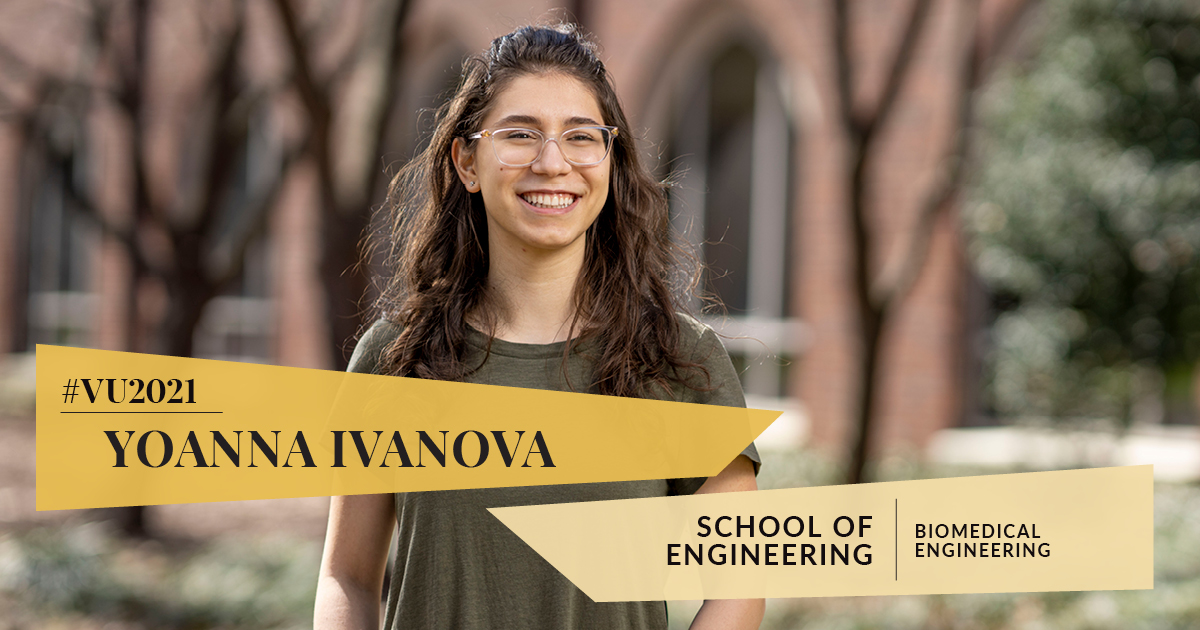
Class of 2021: Family bonds inspire biomedical engineering major to fight breast cancer through cellular research
A series of family heartaches propelled Yoanna Ivanova to pursue cellular research tied to breast cancer. She credits her connections with fellow engineering majors in the Clark Scholars Program for creating positive experiences in and out of the lab. Read MoreMay 12, 2021
-
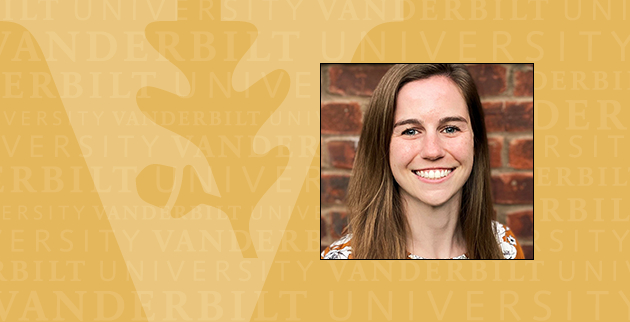
Ph.D. student in biomedical engineering wins $20K P.E.O. Scholar Award
Samantha Schwager, a Ph.D. student in biomedical engineering, is one of 100 doctoral students within the United States and Canada selected to receive a Philanthropic Educational Organization Scholar Award from the P.E.O. Sisterhood. Read MoreApr 30, 2021
-

Matthew Walker III, gifted biomedical design professor and mentor, has died
Matthew Walker III, who developed and taught Vanderbilt University’s innovative biomedical engineering design curriculum, died unexpectedly on April 24. He was 56. Read MoreApr 28, 2021
-

Collaboration propels advancements in personalized cochlear implant procedures
Vanderbilt University Medical Center is the busiest cochlear implant center in the U.S., performing more than 300 implant surgeries each year. A key driver is close collaboration among engineers, surgeons, audiologists, speech scientists and other experts. This interdisciplinary, trans-institutional work has enabled a truly customized approach for each patient. Research teams have developed image-guided surgery for... Read MoreFeb 26, 2021
-

New $2 million NIH grant advances less invasive procedure for TLE
A Vanderbilt research team has received a $2 million National Institutes of Health grant to further develop a needle-size robotic surgery system with real-time MRI guidance for drug resistant temporal lobe epilepsy (TLE). Such a procedure has the potential to reduce or eliminate seizures using a minimally invasive approach over the current standard of care,... Read MoreFeb 16, 2021
-

Discovery shows how to treat heart attacks; drug development underway
David Merryman has discovered that targeting a protein receptor in heart cells may limit a heart attack’s acute and long-term effects. Read MoreFeb 11, 2021
-
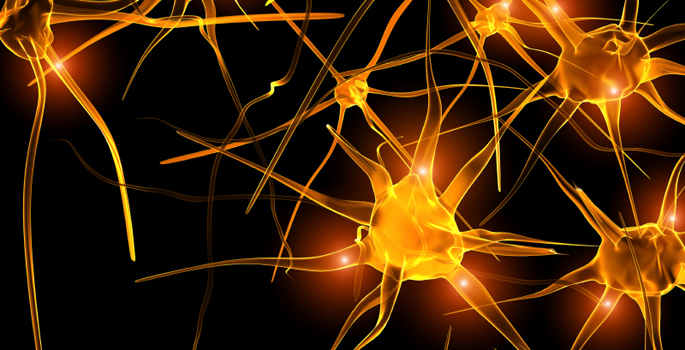
Imaging guidance for nerve repair
A noninvasive, quantitative MRI method could be used after surgical repair of traumatic peripheral nerve injury to help clinicians make decisions about whether additional surgical interventions are needed. Read MoreFeb 9, 2021
-
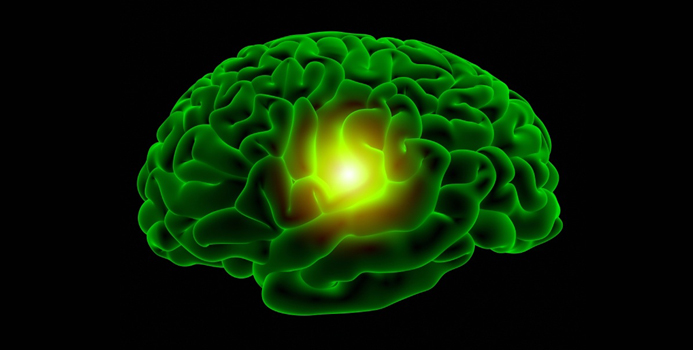
Trans-institutional collaboration receives $2 million BRAIN Initiative grant, developing brain organoids to map neurological development
Researchers will combine expertise in developmental cell biology and tissue engineering/microfluidics to develop highly complex organoids, with the goal of understanding currently incurable neurological disorders. Read MoreFeb 1, 2021
-

Dozens of engineering professors among world’s top 2% of working scientists
Nearly 40 School of Engineering faculty members have been named among the top 2 percent of 7 million working scientists in the world. More than 60 percent of the school’s full professors are in this elite group, based on a recent study by a Stanford University professor and his colleagues. The study combines several different... Read MoreJan 25, 2021
-

Cancer Institute grant funds new integrated approach to early lung cancer detection
Vanderbilt researchers have received a National Cancer Institute grant to develop a novel, integrative approach to detect early signs of lung cancer. The four-year project builds on a related, recent study that established the value of using three separate measures—structural imaging, a protein marker and information available from electronic health records—to predict lung cancer in... Read MoreJan 22, 2021
-
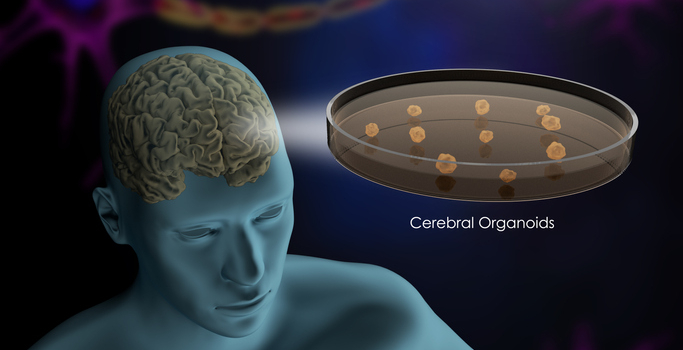
Brunger leads $1.5 million NSF project to develop advanced brain organoids
Vanderbilt engineers have received a $1.49 million National Science Foundation grant to advance the science of organoids with cells that organize themselves and mimic the development of human brain structures. Read MoreJan 7, 2021
-

Neuroengineer joins School of Engineering Jan. 1, 2021
Christos Constantinidis has been appointed professor in the Department of Biomedical Engineering beginning Jan. 1, 2021. At Vanderbilt, he also will be a member of the university’s Brain Institute and the Vision Research Center. Read MoreDec 16, 2020
-

Mahadevan-Jansen and Vanderbilt Biophotonics Center resume lab activity with renewed purpose during Research Ramp-up
Anita Mahadevan-Jansen (Vanderbilt University) The Vanderbilt Biophotonics Center, directed by Anita Mahadevan-Jansen, Orrin H. Ingram Professor of Biomedical Engineering, conducts research on clinical photonics, neurophotonics and multiscale photonics to develop optical technologies that improve patient care. When Vanderbilt ramped down in-person research activities in mid-March due to the COVID-19 pandemic, Mahadevan-Jansen and her team did... Read MoreDec 4, 2020